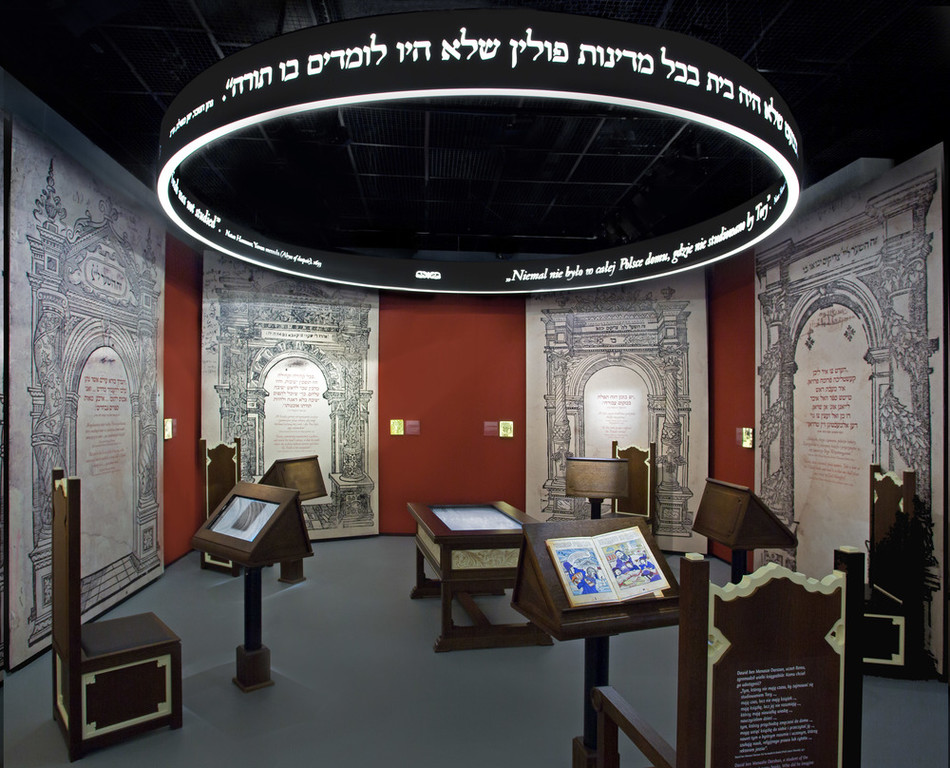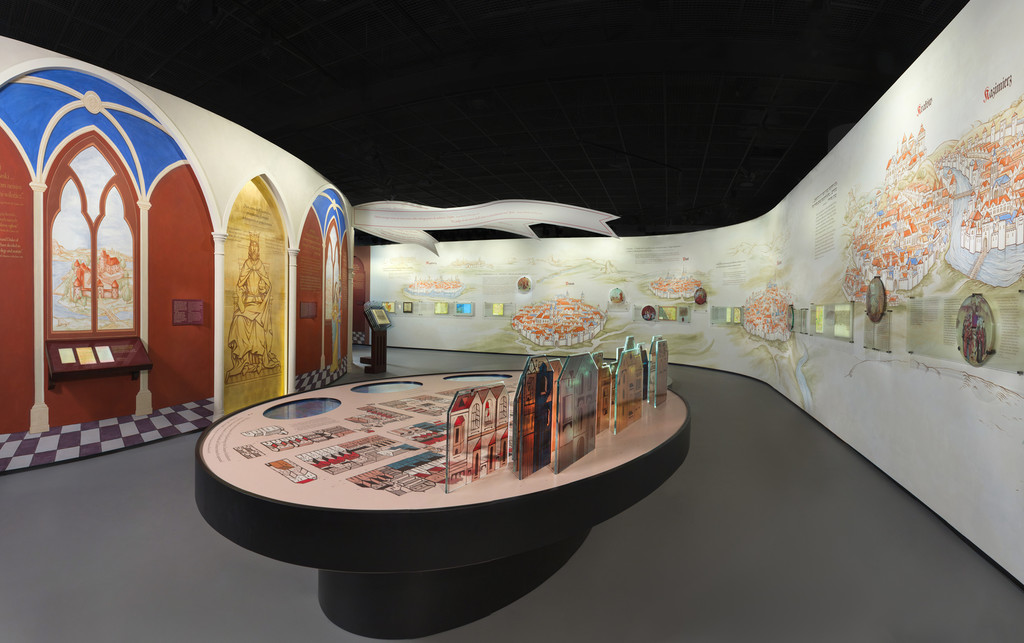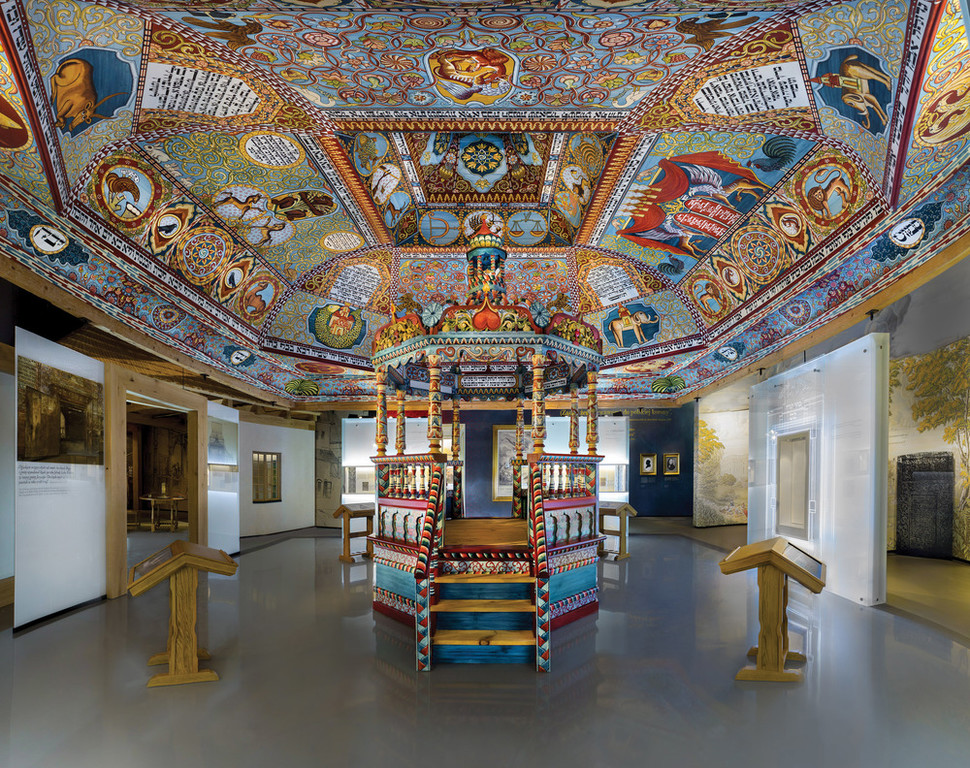New museum unveils rich story of Jewish life in Poland
WARSAW, Poland — In the two millennia between ancient Israel and its modern rebirth, Jews never enjoyed as much political autonomy as they did in Poland, a land that centuries later would become intrinsically linked to the Holocaust.
The story of this great flourishing of political and cultural life is part of a 1,000-year history told in a visually striking new museum, the POLIN Museum of the History of Polish Jews, which opens its long-awaited core exhibition to the public Tuesday amid days of celebrations.
The Polish and Israeli presidents will attend, along with Polish Holocaust survivors who helped create this memorial to the lost world of their ancestors.
Polin is Yiddish for Poland, and also means “rest here,” a reference to a story Jews told themselves about their arrival in Poland in the Middle Ages: that they found favor from the rulers and were allowed to dwell there in tranquility. The result was centuries of a flourishing Yiddish-speaking civilization that made important contributions to Polish and world culture before being nearly wiped out by Nazi Germany.
“The Holocaust has cast a shadow onto this great civilization and the generations of Jews who lived in Eastern Europe before the Second World War, as if those centuries of life were little more than a preface to the Holocaust,” museum director Dariusz Stola said. “But that is absurd. This museum stresses that 1,000 years of Jewish life are not less worthy of remembrance than the six years of the Holocaust.”
Poland, in a union formed in the 16th century with Lithuania called the Commonwealth, became one of Europe’s largest and most ethnically diverse territories. Jews benefited from tolerance and a large degree of self-governance granted by the rulers, growing into the world’s largest Jewish community. Today 9 million of the world’s 14 million Jews can trace their ancestry to Poland.

 51.0°,
Overcast
51.0°,
Overcast 









